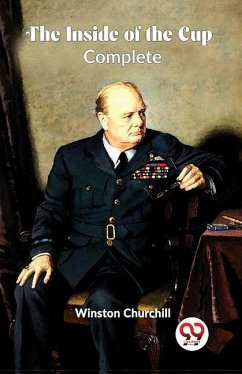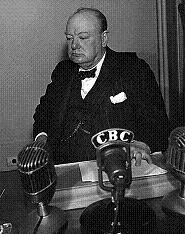In the Middle West region of the United States, setting the story in a large city, Winston Churchill wrote "The Inside of the Cup," a novel that follows the challenges of a young Episcopal minister named John Hodder. As Hodder confronts his crisis of faith, he must also navigate a society experiencing rapid changes. Hodder finds himself caught in a city swept away by a newfound sense of wealth and materialism, changing the valued beliefs of the community. While his faith waivers and he questions the church's place in the world, he must also navigate the complexities of his personal relationships and balancing his duties against his desires. In a world that oftentimes feels meaningless, the novel delves into the hunt for significance, social and ethical transformations, and personal accountability.
Hinweis: Dieser Artikel kann nur an eine deutsche Lieferadresse ausgeliefert werden.
Hinweis: Dieser Artikel kann nur an eine deutsche Lieferadresse ausgeliefert werden.







![The Complete Mahabharata [5] Bhishma Parva The Complete Mahabharata [5] Bhishma Parva](https://bilder.buecher.de/produkte/54/54479/54479601m.jpg)

